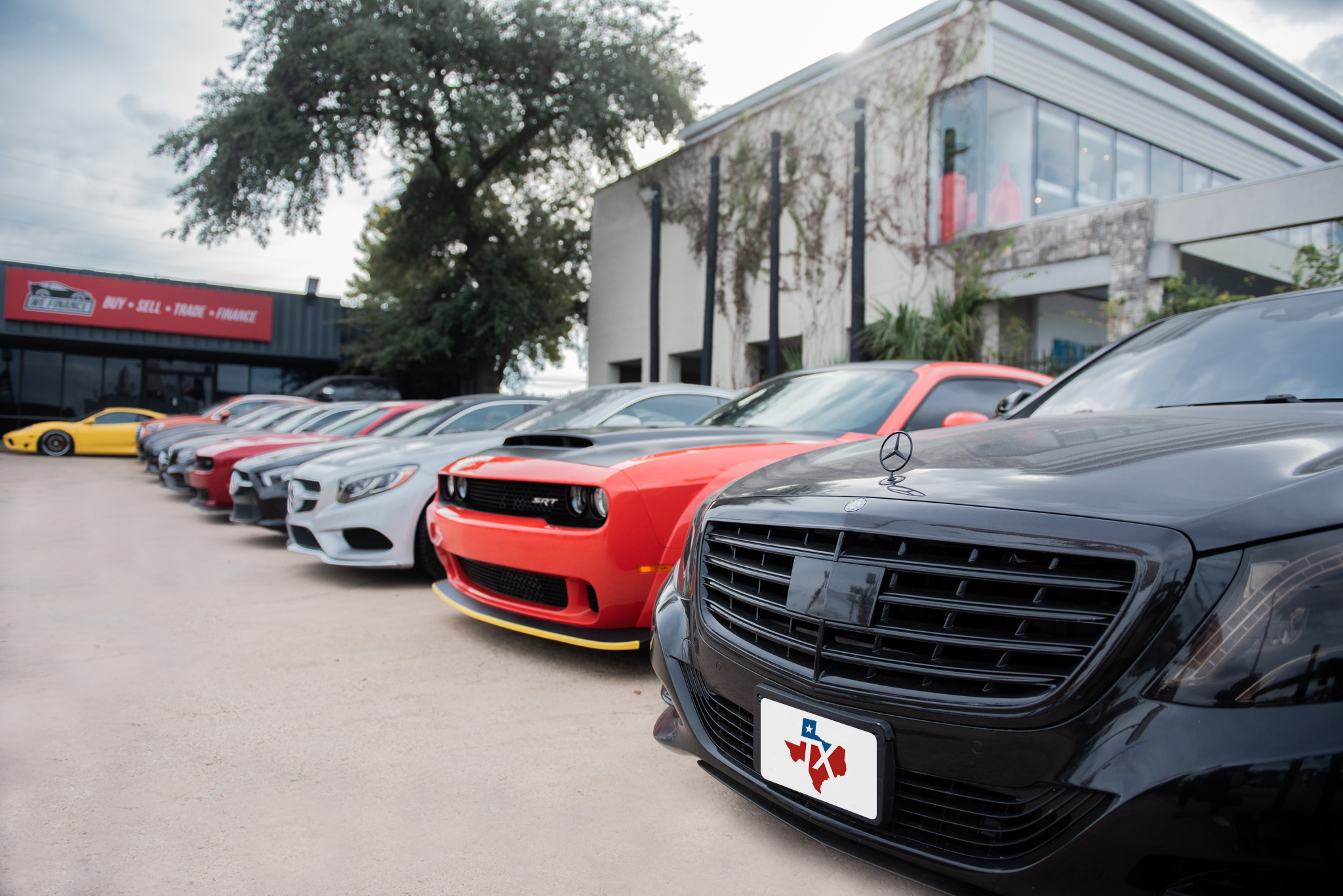Used Cars vs. New Cars: Which One Is A Better Option?
Posted Monday, Aug 22, 2022

Choosing between a new and used automobile is one of the first decisions prospective car purchasers must make. Although used cars often have significantly cheaper price tags, there are additional factors to consider when buying one. The advantages and drawbacks of leasing an automobile and certified pre-owned (CPO) autos should also be considered. Although buying new has more benefits, buying used may save you thousands of dollars upfront and over the course of ownership.
Purchasing a new automobile, whether it be a little hatchback or a huge SUV, is one of the major purchases a person will make in their lifetime. It is by no means a modest expenditure. You might also want to think about getting a secondhand automobile if you've just started learning to drive or are on a very limited budget. The used automobile industry has advanced significantly and now offers a limitless number of possibilities.
The Depreciation Factor
Newer vehicles lose value more quickly than worn ones. The first few years of ownership are when a car loses the greatest value, and a significant portion of that loss occurs as soon as it leaves the lot. According to some calculations, the immediate loss is maybe 20% of the car's worth.
This is due to the fact that you pay the retail price when you buy a new automobile from a dealer. The automobile is only worth its reduced wholesale price after you leave the dealership. This is the price the dealer would accept if you tried to sell the item back thereafter.
A new automobile can be the best option if the newest technology is more important to you than cost. A new automobile also makes more sense if you drive a vehicle that is still covered by its original warranty.
One exception is if you select a pre-owned vehicle with a warranty that has been certified. Purchasing a used automobile can be your best option if cost and value are your top priorities. No matter what you choose, you should either buy the automobile outright or, if you finance it, be sure you can afford the payments. One helpful guideline is that you should be able to pay off the automobile entirely in three years.
Auto Financing
Lenders carefully consider risk when deciding whether to lend you money and the amount of interest to charge. With new autos, the collateral's worth (your car) is known. History also demonstrates that people who acquire new cars are likelier to repay their vehicle loans. Used automobiles carry a larger risk of the loan not being fully repaid and greater uncertainty over the value of the collateral.
Lenders generally charge used car purchasers higher interest rates on their auto loans due to the additional risk. Before visiting the dealership, it is a good idea to compare rates at several banks and credit unions because the difference in the amount depends on your lender.
The Warranty
The benefit of purchasing a new automobile over a used one is that most new cars come with warranties. You don't have to be concerned about the past of a new automobile when you buy or lease one. You don't have to worry about past owners mistreating the car, causing accidents, or neglecting to do routine maintenance, such as frequent oil changes. Given that it was delivered directly from the manufacturer to the dealership, a new automobile should have a very low mileage reading. Additionally, unlike an old automobile, you don't have to be concerned about any wear and tear. The cabin will be spotless, and the brakes and tires will be brand new.
Most significant issues and repairs that arise during the first few years of ownership should be covered by the warranty. However, the majority of new automobiles will only need minor repairs over the first few years, allowing you to concentrate mostly on upkeep.
Think of it as purchasing a used automobile, which owing to its age, may not be as dependable as a new one. A secondhand automobile could require additional repairs. As with a new automobile, these repairs are probably not covered by a guarantee. You can choose to purchase a pre-owned vehicle that has been certified, though. A certified pre-owned (CPO) vehicle has undergone factory inspection and resale, and it can even have a guarantee.
While vehicle reliability has increased as technology has advanced, and many models no longer require repairs until they have logged more than 100,000 miles, it still pays to have a vehicle that's under a valid warranty just in case. When it comes to used cars, they could be close to 10 years old by that time. This implies that you could purchase a three-year-old secondhand automobile and sell it after five years without having to make any significant repairs to it. You might even be able to recoup your purchase price when you sell it.
Making Your Final Decision
So, is a secondhand automobile that's ten years old too old to buy? That depends on the car's brand and model and other elements like mileage. But if you can, go for a vehicle at least two years old. After just 18 months, a car has lost a third of its original cost. Five-year-old automobiles are often still in decent shape, have already suffered significantly from depreciation, and should have well under 100,000 miles on them, making them an economical alternative.
Find out the answers to more questions like this and other factors to consider when it comes to used cars vs. new cars at TX Auto Group. Also, with years of experience serving residents of the Greater Houston area and Nationwide, the dealership is dedicated to offering the highest-quality pre-owned vehicles.

